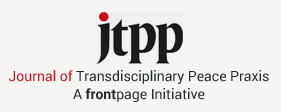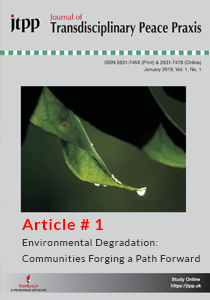Description
Environmental Degradation: Communities Forging a Path Forward
Lacey M Sloan (Associate Professor of Social Work at the University of Vermont, USA) & Cathryne L Schmitz (Professor Emerita in the Department of Social Work at the University of North Carolina Greensboro, USA)
Environmental degradation is well-known as a major cause of conflict as communities suffer from the effects of climate change, threat of toxins and depletion of natural resources. The consequences are dire as environmental degradation impacts ecological and human health, leads to migration as people seek a safer habitat and gives rise to conflict precipitated by competition over increasingly limited resources. Although destructive conflict may result from environmental degradation, there are situations in which communities have come together to respond to environmental degradation with strategies that protect the environment and contribute to economic and political sustainability.
This paper examines responses to ecological degradation through case studies. The Greenbelt Movement in Kenya, local peace building in Somaliland and two sites in the United States experiencing the destruction of their communities caused by the extraction of natural resources are compared and contrasted to identify models that support environmental remediation and the building of peace rather than escalating violent conflict.





